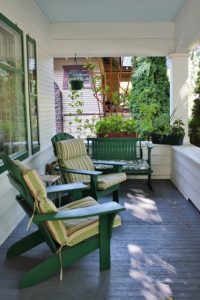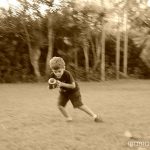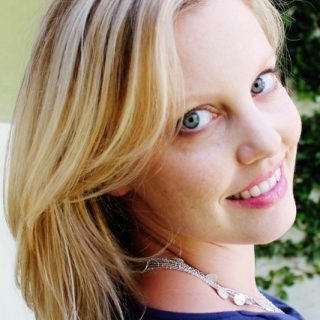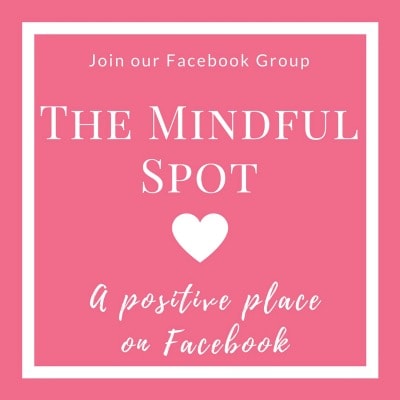When you graduate high school, you think you know everything; when you graduate college, you know you don’t.
Someone told me that upon my college graduation and I found it true. Life keep teaching me the same lesson.
This past summer, I realized I am now middle-aged. It wasn’t just that a worry line etched its way into my third eye. An internal shift unexpectedly changed my perspective on just about everything I know. It caught me completely off-guard and the only way I can account for it is age-related wisdom.
I went home to a place that is no longer home: my mother’s house. It was the first time I felt like a tourist in the town where I once learned my ABCs, danced in tutus, wrote a book and owned a business. The previous year, I felt torn between my childhood home and the new home I created with my husband. I expected to feel the same longing: to be in two places at once.
But this year I felt apart from, rather than a part of, life in my hometown.
I wasn’t angry or disdainful of my roots. (There’s a common angst from Spokane ex-pats that translates to t-shirts bearing slogans: Spokane is Loserville, Spokane is the Can, or Spokane: a great place to live (playing off the city’s motto).) I found my hometown charming, enterprising, fresh and fun.
But it wasn’t my home.
The nice people seemed more intrusive than friendly this time around. My sinuses clogged in the dry heat. I couldn’t figure out which pajamas to wear to keep me cool and cozy throughout the thirty-degree nightly temperature drop.
And then I got a clear vision of myself when I used to live there. It wasn’t pretty.
I cleaned out all my stuff from my mom’s basement which mostly consisted of old journals and class notes. As I read snippets of my former thoughts I realized how incredibly stupid I used to be. My brash, youthful arrogance made it impossible for anyone to teach me anything. I cringed reading what I once thought was my brilliant creative writing. My old journals, which I always assumed held some depth, just show a regular, silly girl obsessed with boys and social standing as I came of age.
In short, I learned I was nothing special.
Now is not the time to make me feel better with compliments. I am OK with being one of a crowd. This is where my middle-aged self comes into play. My whole life I have looked for some quality or niche that distinguished myself from others. Perhaps I took the elementary school self-esteem coaching that everyone is special too far. Perhaps this is simply a part of being American, Western or human. I have spent my life seeking distinction, but to what end?
In Midsummer, from my favorite collection of poems, The Wild Iris, Louise Glück questions why human beings hurt one another,
For the privilege of being
single in the eyes of heaven?
Is that the distinction I’ve been working so hard to achieve?
My ambitions were to be an actress and a writer. I’m embarrassed and ashamed to admit that I frequently saw others’ successes only from the perspective of competition. She got a book deal for an idea like mine, therefore it will be even harder for me to be noticed. The Internet is a marvelous leveling field for those of us trying to find an audience, but it can also make us feel dwarfed. Sure, it’s easy to research an idea, but it’s also discouraging to find 100 sources already expressing what was your own original idea.
This is what age has taught me: it really doesn’t matter.
We are all the same. Sometimes luck shines down on one person and not another. Sometimes hard work pays off and sometimes it doesn’t. Operating from a perspective of scarcity, as though there were only a little bit of success, happiness, goodness to go around causes greed, envy, stress and the overwhelming desire for distinction.
But to be distinct, we must be separate.
That is no way to live. As an adult, I choose to operate from a perspective of abundance: there is plenty for everyone. That is what makes it OK for me to realize I was just dumb teenager finding my way then and a middle-aged woman struggling to find her place right now. That is what enables me to have genuine happiness for other peoples’ successes, even when they are as small as a great idea I wish I thought of myself. Good for you; good for me.
You see, we are not different.
I am nothing special and neither are you. Together we are all special. The differences between us are as distinct as each molecule of water in the ocean. That is to say, not very.
And yet, collectively we are just as magnificent.
Namaste,
Rebecca








Leave a Reply